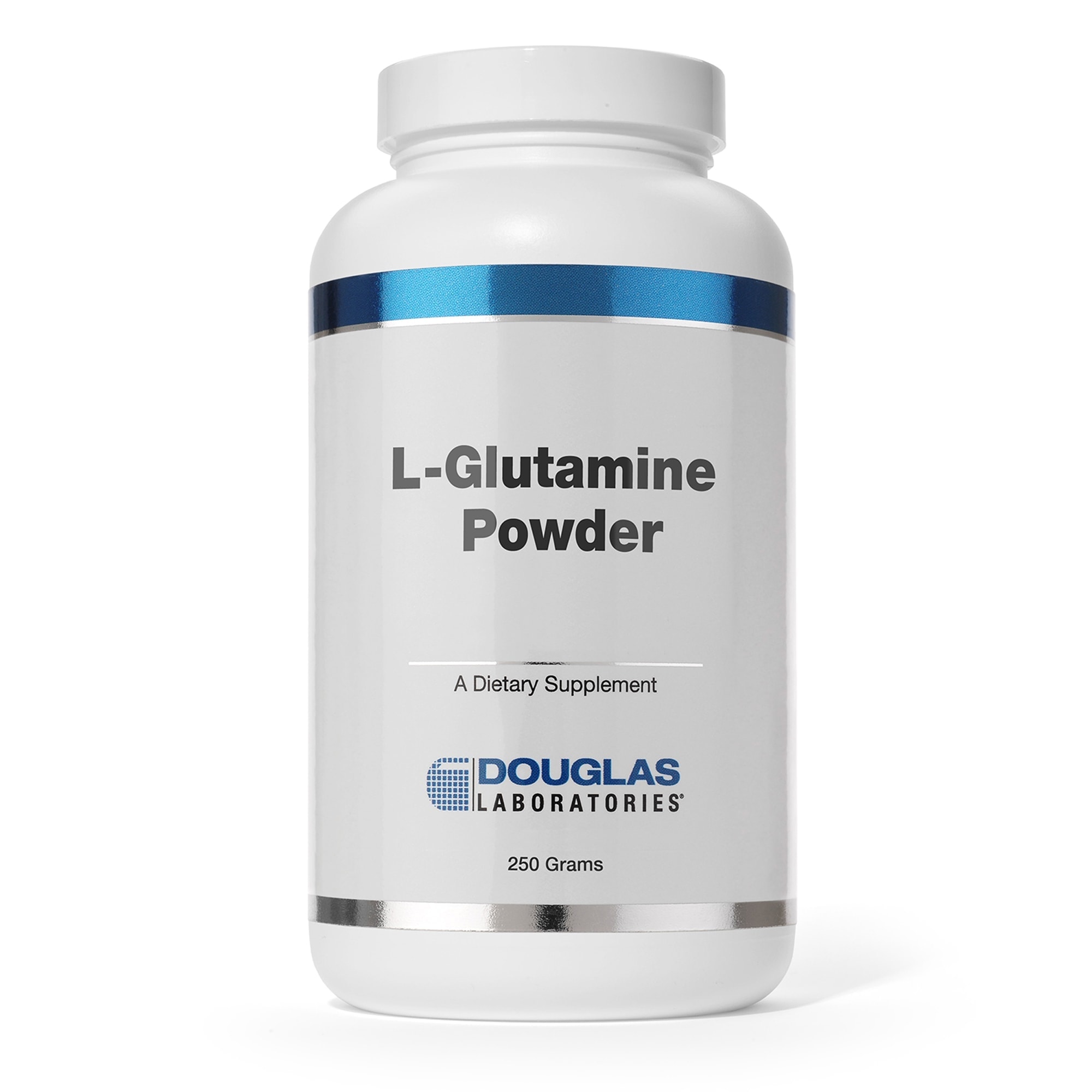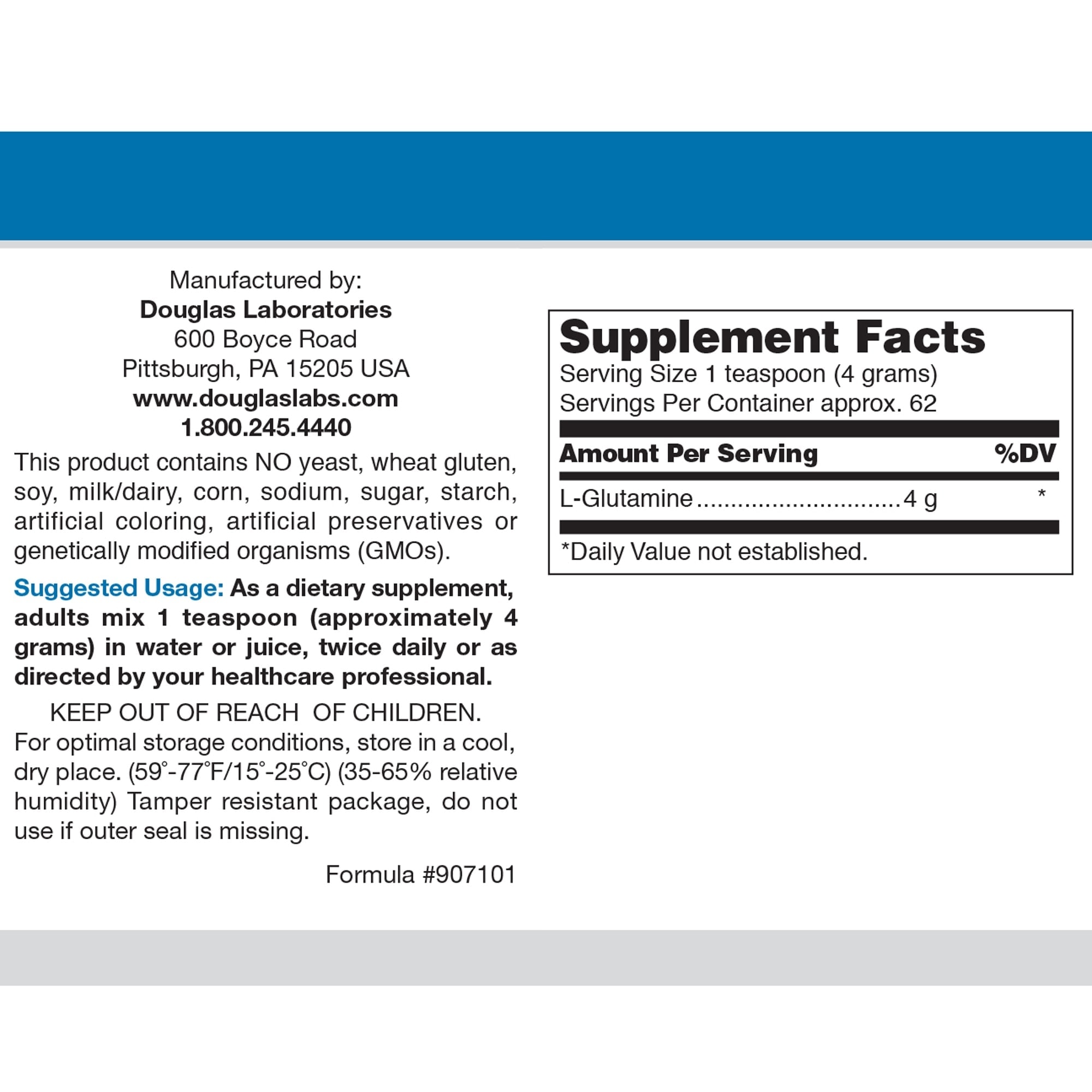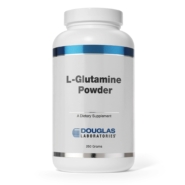As a dietary supplement, adults mix 1 teaspoon (approximately 4grams) in water or juice, twice daily or as directed by your healthcare professional.
Serving Size: 1 teaspoon (4 grams)
Amount Per Serving:
L-Glutamine …4g
This product contains NO yeast, wheat gluten, soy, milk/dairy, corn, sodium, sugar, starch, artificial coloring, artificial preservatives or
genetically modified organisms (GMOs).









Reviews
There are no reviews yet.